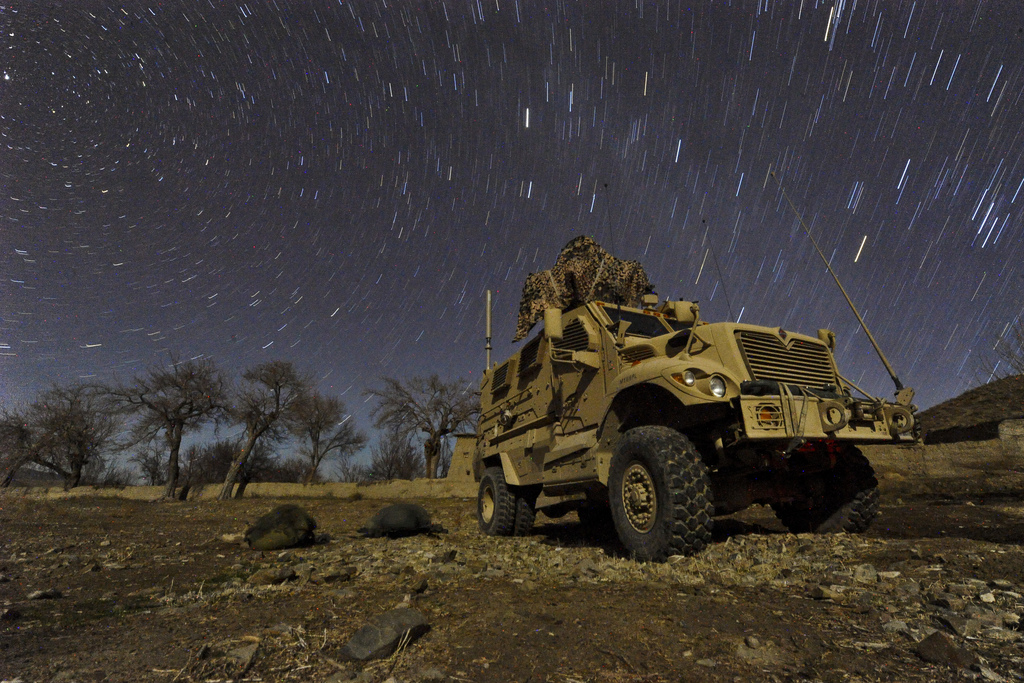Without additional visa allotments, the Special Immigrant Visa program for Afghans is coming to an end. This doesn’t bode well for Afghan linguists, some of whom have been hunted down by the Taliban for aiding US troops. Nor for the Americans who will soon be deployed to Syria and looking for new local allies.
Translators and interpreters working in conflict zones are often targets for retaliation. “Linguists who accept assignments from foreign forces are often signing their own death warrant in doing so,” says Red-T, a nonprofit who works to protect translators and interpreters in adversarial settings.
What is the Special Immigrant Visa program for Afghans? This program provides US residency visas for Afghan nationals who were employed by the United States government in Afghanistan, or by the International Security Assistance Force (ISAF) and worked with US forces as a translator or interpreter, for a minimum of two years. Another requirement for the visa is “experiencing an ongoing serious threat as a consequence of their employment.”
The visa program has been beset by problems: not enough visas, multi-year waits for applicants and being treated more like a political football in Washington. Despite these problems, over the years several thousand Afghans who worked closely with US forces have come to safety in the USA.
Now with only 1,437 visas left, but there are more than 15,000 Afghans in the visa application process, the State Department has called a halt to interviews. No doubt this means that thousands of qualified applicants who put their life on the line for US troops are to be left behind, permanently left to fend for themselves against the Taliban’s ire.
American troops are well trained and well equipped. But when carrying out a mission in a foreign land, there’s no substitute for local information and language assistance. When the US doesn’t protect those who have helped us in their country, it just becomes that much harder for the US military to make new allies. Are we prepared for that?

